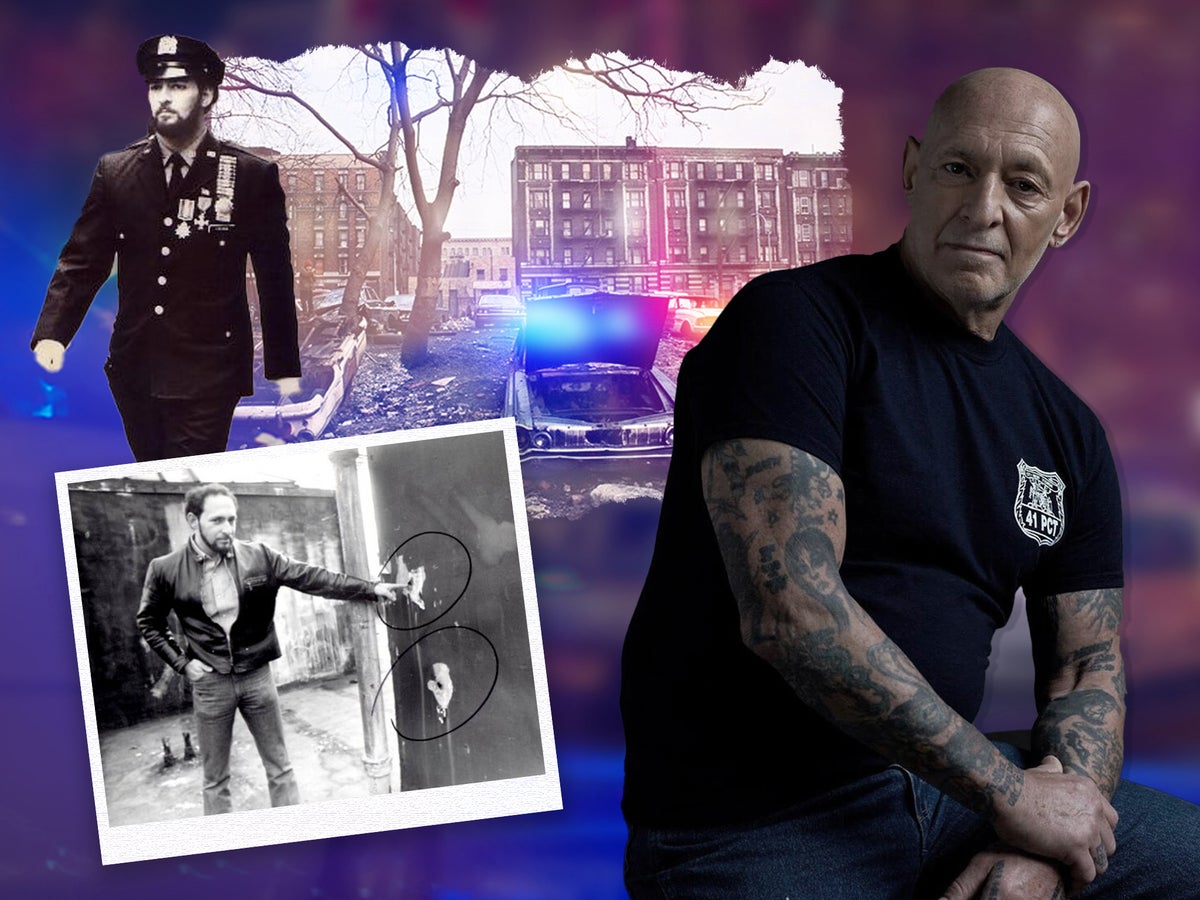
Among the dozens of tattoos that cover former New York police officer Ralph Friedman’s muscular frame is one on the trigger finger of his right hand that reads: “Justified 4X”.
The body ink refers to the four lives he took in the line of duty.
“It’s not a matter of being proud of taking a life. It’s a matter of saving other lives,” he told The Independent in a phone interview from his home in Connecticut.
Mr Friedman, now 74, patrolled the South Bronx in the NYPD’s 41st Precinct during the 1970s and early ’80s when it was known as the most dangerous police beat in the country.
The hard-as-nails officer was shot at, punched, beaten with baseball bats and tire irons, run over, and narrowly avoided an assassination plot in 1977.
Officers had to be prepared for gladiatorial combat every day on the job, he told The Independent. And they didn’t shy away from the fight.
“The officers that worked there were warriors,” he said.
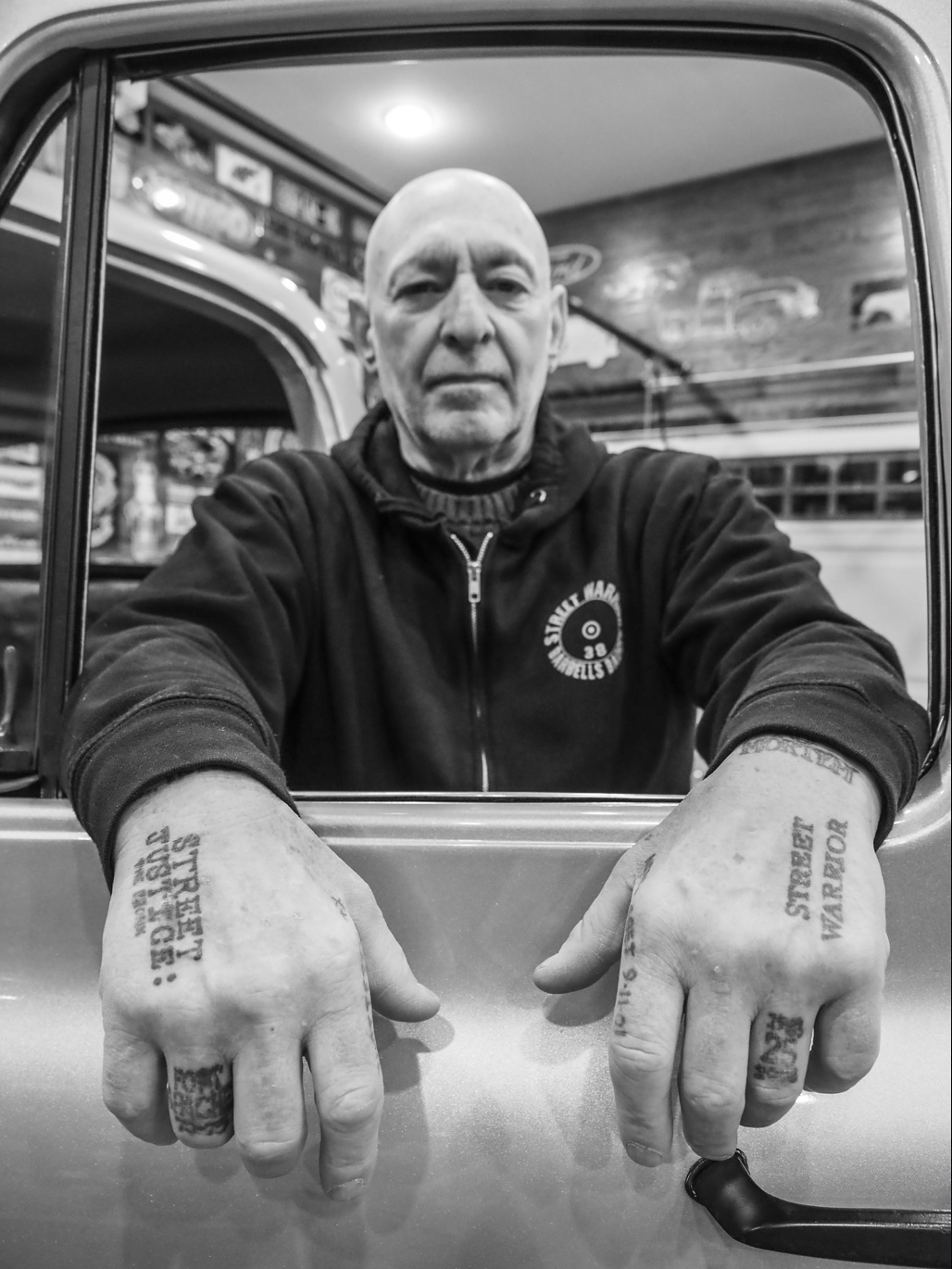
During his distinguished career, Mr Friedman made more than 2,000 arrests, including more than 100 while off-duty. He shot eight suspects, four fatally.
Each killing was thoroughly investigated and found to be justified use of deadly force in the pursuit of saving a life, he said. Either his own, his partner’s or that of a civilian.
Mr Freidman got his first tattoo, an eagle on his right bicep, when he was 20 after his father died. His most recent was just a few months ago, a “We the people” design.
He says being heavily inked helped him blend into the South Bronx when he went from uniform into plain clothes, anti-crime work in the mid-70s.
“It became a part of my persona on the street. Because of the way I looked with the tattoos, the beard, the long hair and the way I dressed, people would come over and say ‘do you want to buy drugs, do you want to buy guns?’”
Mr Friedman retired from the NYPD in 1983 after a serious car crash nearly claimed his life.
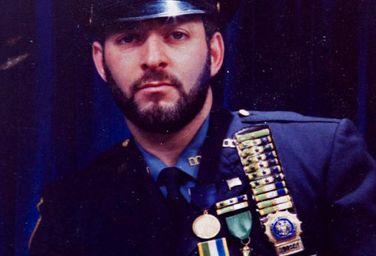
In his 2017 memoir, Street Warrior, he wrote how he suffered 23 broken bones after being rammed by another police car on his way to a callout.
He also made a successful TV show Street Justice: The Bronx, which combines interviews from former 41st Precinct officers with dramatised reenactments of the gun battles, car chases and arrests they were involved in.
Mr Friedman’s exploits have led him to be remembered as the NYPD’s toughest police officer and as its most decorated detective. Both rest comfortably on his shoulders.
“I’m retired 40 years, and people remember me, it’s a good feeling.”
‘These people never fought a fist fight for their life’
Mr Friedman grew up in the working class neighbourhood of Fordham in Northeast Bronx, and joined the NYPD’s academy in 1970. His strict diet and fitness regimen and background in martial arts helped him fly through training, and he was sworn in at the age of 21.
His first post was to the 41st precinct, whose nickname Fort Apache would be immortalised in the 1981 film of the same name starring Paul Newman.
Mr Friedman recalls the South Bronx seemed like a different country to the streets he had grown up on just a few miles away.
“It was a real eye opener. I couldn’t believe the disregard for human life there.”
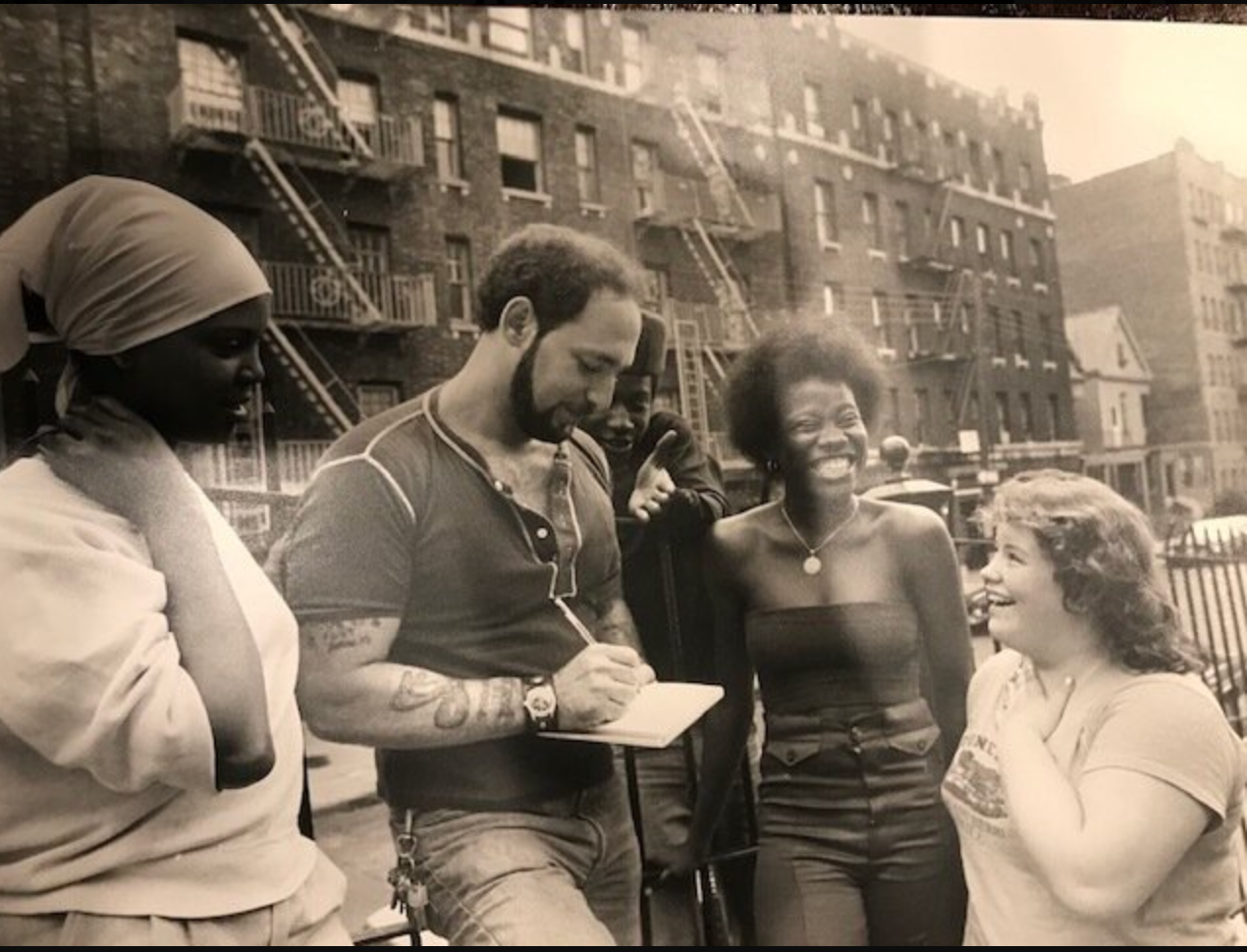
Years of economic decline, social upheaval and indifference from city leaders had led to an explosion in violence.
By the mid-’70s, homicides had nearly tripled in the Bronx in five years. Whole city blocks were lost to arson, giving the area the appearance of a war zone, and 300,000 residents moved out.
Mr Friedman recalled he attended murders, armed robberies, hostage situations, and horrifying rape and torture callouts.
“I disarmed hundreds of guys with guns where I didn’t have to use deadly force, but some left me no choice,” he told The Independent.
The first time he took a life was in November 1972, when he and his then-partner Kal Unger responded to a burglary in progress on Fox Street.
Arriving at a darkened ninth floor apartment building, a suspect fired a barrage of shots at the two plain-clothes detectives, hitting Mr Unger seven times, including once through the heart.
Mr Friedman returned fire and, after a struggle, fatally shot the suspect. His partner miraculously survived after officers donated 16 pints of blood while he was on the operating table at Jacobi Hospital.
Every one of the more than a dozen shootouts that Mr Friedman was involved in were closely scrutinised by internal affairs enquiries, and in some cases grand juries.
“I remember each one vividly,” Mr Friedman told The Independent.
“They’re indelibly marked in your mind, because these are big events in your life. They didn’t affect me in a negative way, but they are etched in my mind.
“Sometimes you’re brought to a scene where you have to make a split decision in a second, if you’re going to use deadly physical force or not. Whereas judges take months to go over stuff.
“You have to lay it out for them because they don’t understand what it’s like going into a dark alley at three in the morning, either with your partner or by yourself. These people never fought a fist fight for their life, or a gun battle, or faced the dangers that police do on a daily basis,” Mr Friedman tells The Independent.
Having seen the worst of humanity during his decade and a half on the job, Mr Friedman supports taking a hard line on crime.
“My personal feeling is that ordinary decent citizens should respect the police and criminals should fear the police. You got to fear them if you’re doing things wrong, otherwise the system isn’t going to work,” he says.
“Everyone says that people should be treated fairly, but it would horrify you to see what a human can do to another human. The police see this.
“I don’t believe someone who burns an infant 20 times with a cigarette, his life matters. You know, if he put them in, you gave him the death penalty. I’m really very good with that. If you put them in a cage for the rest of their lives where they belong, very good with that, too.”
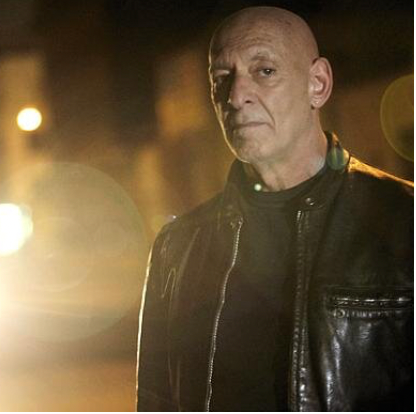
Mr Friedman is a vocal advocate for policing, giving regular talks and lectures to law enforcement around the country, and he’s always ready to help out another officer in need.
In 2017, he found himself working overnight shifts at Bleecker Street Pizza in the West Village, which was owned by a former NYPD captain and 9/11 hero Doug Greenwood.
Greenwood, who worked 40 straight days at the World Trade Center site after the 2001 attack, had hoped to turn the pizza parlour into a sitdown restaurant.
But suffering from severe respiratory illness from his exposure to toxic gasses, he took his own life in December 2017.
Mr Friedman stayed on in the job for several more years as a tribute to his friend.
“A lot of officers that got very sick, and I think more people died after 9/11 than the day it occurred. Some of them took a couple of years, some of them took a couple of decades.
“They were all heroes, and they’re paying the price.”
He says the suicide rate among officers is alarmingly high. Three NYPD officers have shot themselves in the past three months, two fatally.
The latest occurred this month when a 22-year-old officer died by suicide at his Staten Island home he shared with his parents. He was one of four officers involved in a deadly shootout with a suspect Jermaine Hickson on Coney Island in November, sources told The Daily News.
“When you have to take a human life, it’s very stressful,” Mr Friedman told The Independent.
“Sometimes you make a decision, and you have to live with it the rest of your life.”
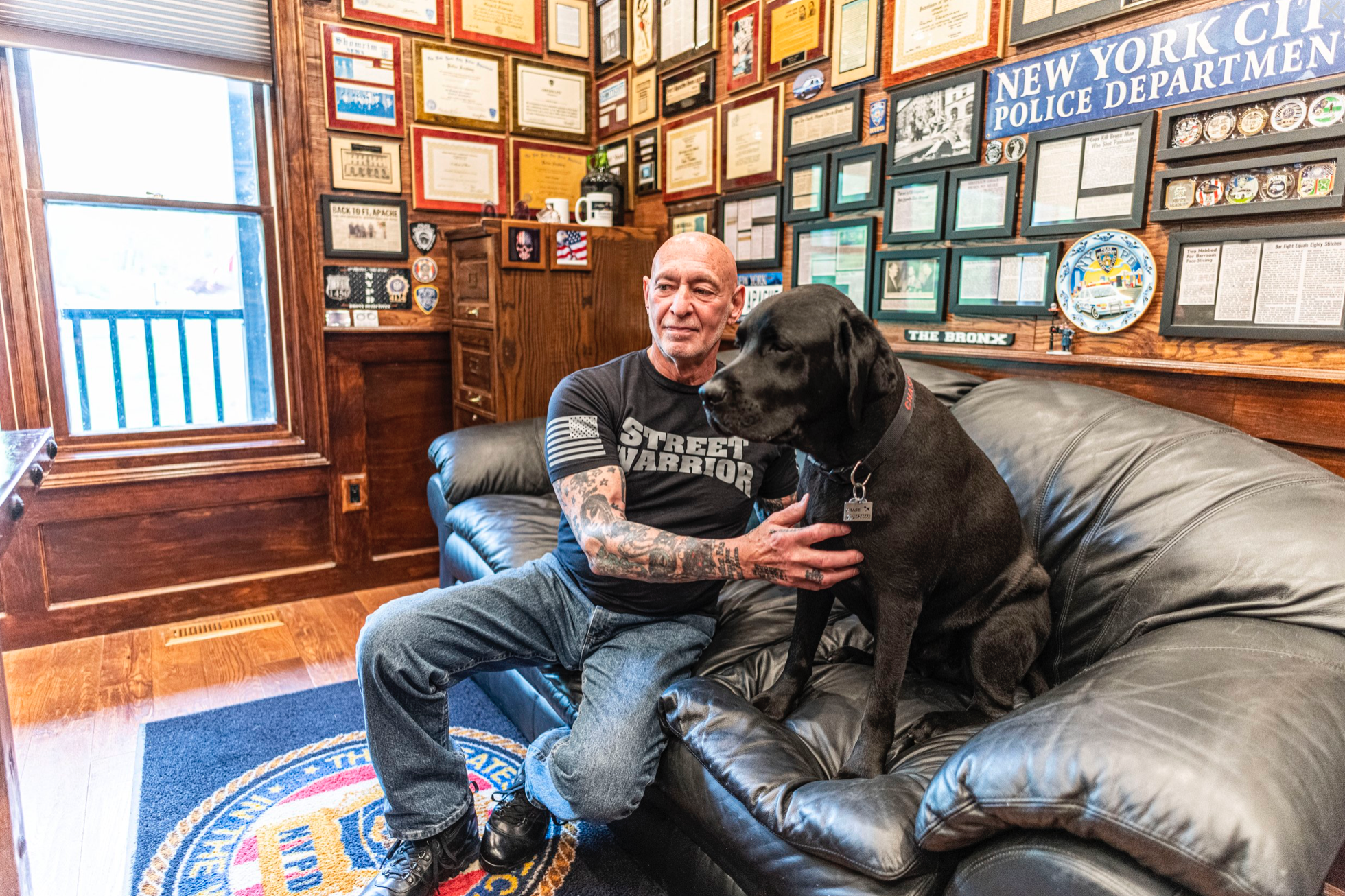
Mr Friedman retired to Fairfield County, Connecticut, more than a decade ago with his wife Grace. The walls of his home are covered in memorabilia from his crime-fighting days; medals, awards, front pages and photos with dignitaries and former partners.
The garage contains his classic car collection, including a restored 1955 Ford F-100 Pickup, a Hummer H3T Pick-up and his Dodge Pickup.
He has never smoked, drunk alcohol, eats healthily and tries to stay in good shape, and hopes to have many good years ahead.
“I can’t lift what I used to, but I still exercise five times a week,” he said.
Mr Friedman said he still hopes to make a movie about his life and the exploits of his former partners, and has had had talks with agents and co-writers over the years.
“Some of them have no money, some of them bulls*** you. I’m still searching for the right person for the movie. That would be a nice way to cap it off.”
*Street Justice: The Bronx is screening on Amazon Prime, and Street Warrior: The True Story of the NYPD's Most Decorated Detective and the Era That Created Him is available from Amazon.







